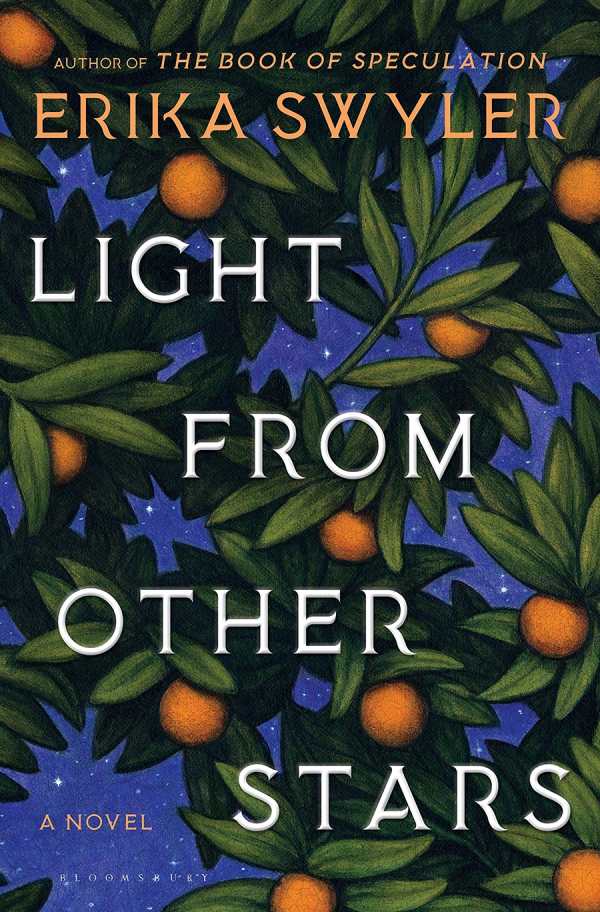Light from Other Stars
In Erika Swyler’s glittering novel Light from Other Stars, Nedda has sky-high dreams of following in Judith Resnik’s footsteps but finds herself subject to the reckless whims of others.
In her childhood, it was Nedda’s brilliant, perhaps mad astrophysicist father who compromised her path; in adulthood, aboard a shuttle bound for another planet, it was the bureaucrats who chose to take shortcuts when it came to supplies.
Again and again, Nedda finds herself battling unthinkable circumstances, from sudden, unnatural stasis in her Florida town to the slow smothering of her crew far away from planetfall. Yet no matter how slim her chances of triumph, Nedda keeps reaching toward her rightful place among the stars.
Beyond these themes of thwarted destiny lies a quieter, more ordinary story: of a young girl whose parents fight, whose unique attributes render her an outsider, and whose most beloved friendships are both beautiful and fragile.
The book’s science fiction elements scratch at the barriers between nightmares and dreams, places where a person can become “a great convergence, a monstrous and beautiful flexing of bonds.” Nedda’s childhood companion, Denny, is caught by them—snagged, strained, and pulled toward incomparable sadness. So is Nedda’s mother, a scientist whose tragedies include lost babies, costly love, and a disappointing second act.
Both external and internal landscapes—including Florida orange groves in sweltering demise, the constrictions of womanhood, and deep space—are rendered with precision: “If they reached planet, there would be weeks when their skin burned as it learned how to hold their bodies together again. Small touches would be painful.”
In the glorious and singular adventures of Light from Other Stars, such small pains may be as innumerable as the dots of fire that light our universe, but so, too, are possibilities. As the novel wends its way toward a Hawking-esque ending, it elicits wonder and sadness in turn.
Reviewed by
Michelle Anne Schingler
Disclosure: This article is not an endorsement, but a review. The publisher of this book provided free copies of the book to have their book reviewed by a professional reviewer. No fee was paid by the publisher for this review. Foreword Reviews only recommends books that we love. Foreword Magazine, Inc. is disclosing this in accordance with the Federal Trade Commission’s 16 CFR, Part 255.

